A Beginner’s Guide to Intermittent Fasting: Benefits, Dos and Don’ts, and More
What is intermittent fasting? Can it be powerful for health? How does one go about it? Can everybody do it? Are there any side effects? What are the common mistakes to avoid while practicing intermittent fasting?
The questions are endless, right? So, our experts at You Care have put together a 101 guide on Intermittent Fasting for you. Read this carefully and share this with everyone you can.
Right from Hinduism, Christianity, and Muslims to Jainism and Jews – we all know how fasting has been used as a practice to cleanse your body not just physically but also emotionally, mentally, and spiritually.
Fasting is a very natural phenomenon. You fast when you sleep. A 7-8 hr sleep is a period of fasting where your body automatically begins cleansing itself. The dirt in the corners of our eyes, the smell of our mouth, and our first urine the following morning (warm and acidic) are all signs of a successful cleanse.
What is intermittent fasting?
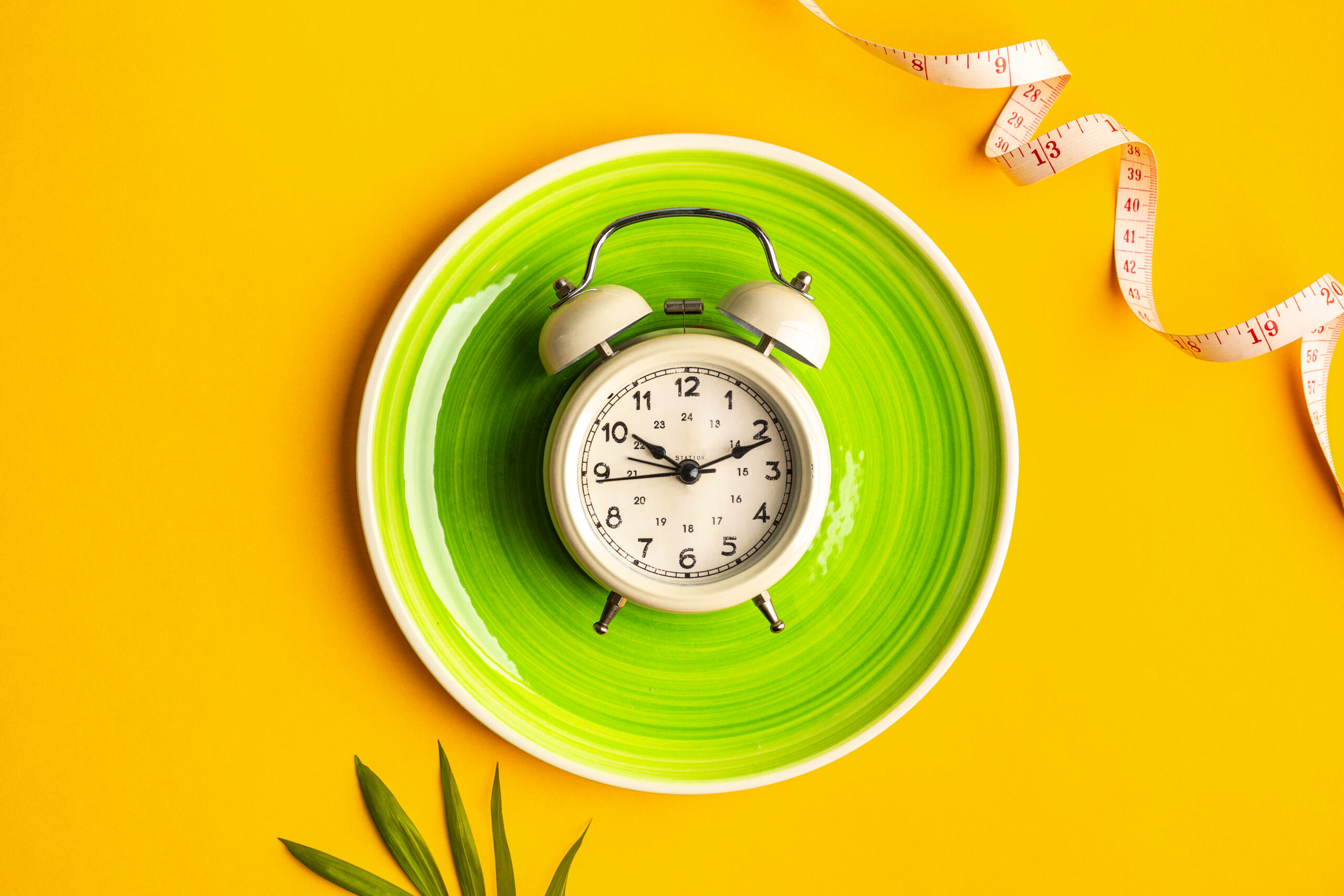
The term may be coined in the 21st century, but the practice of intermittent fasting goes back to our ancestors. How?
In early times, people would consume the last meal of the day before sunset because of the lack of electricity or natural light. And the first meal was right after sunrise. Doing this gave their body a natural fasting period of 14-16 hours. So it was not just a way of eating but also living for our ancestors.
How does Intermittent Fasting (IF) work?
Intermittent fasting (IF) respects two phases of our human body.
- The elimination or detoxification phase
- The building phase
In intermittent fasting, one stops eating after a particular time and moves to only plain water for a specific period, and then slowly resumes eating.
The phase in which you fast is called the elimination phase.
And the phase in which you feed is called the building phase.
The golden rules are clear.
- Do not eat in the elimination phase.
- Do not starve in the building phase.
If you eat in the elimination phase, you are disrupting your fast. It can negatively impact your health, immunity, gut, weight, and energy levels.
Your digestive system takes up about 80% of your body’s energy leaving only 20% of other bodily processes like repair, recovery, healing, and growth. If you are constantly eating, snacking, or grazing, you are making your digestive system work 24×7. It leaves hardly any energy for important things like healing and repair. The elimination phase is where you detoxify, cleanse, repair, rejuvenate, and rebuild.
However, when you eat well in the building phase, your cells are super receptive to nutrition and act as sponges waiting for vitamins, energy, and trace minerals. That is precisely why it is called the building phase. Do not complicate the two phases.
Intermittent fasting allows a temporary shutdown of your digestive system, thus diverting energy towards healing and resetting the health of every single cell in your body.
Structure of intermittent fasting
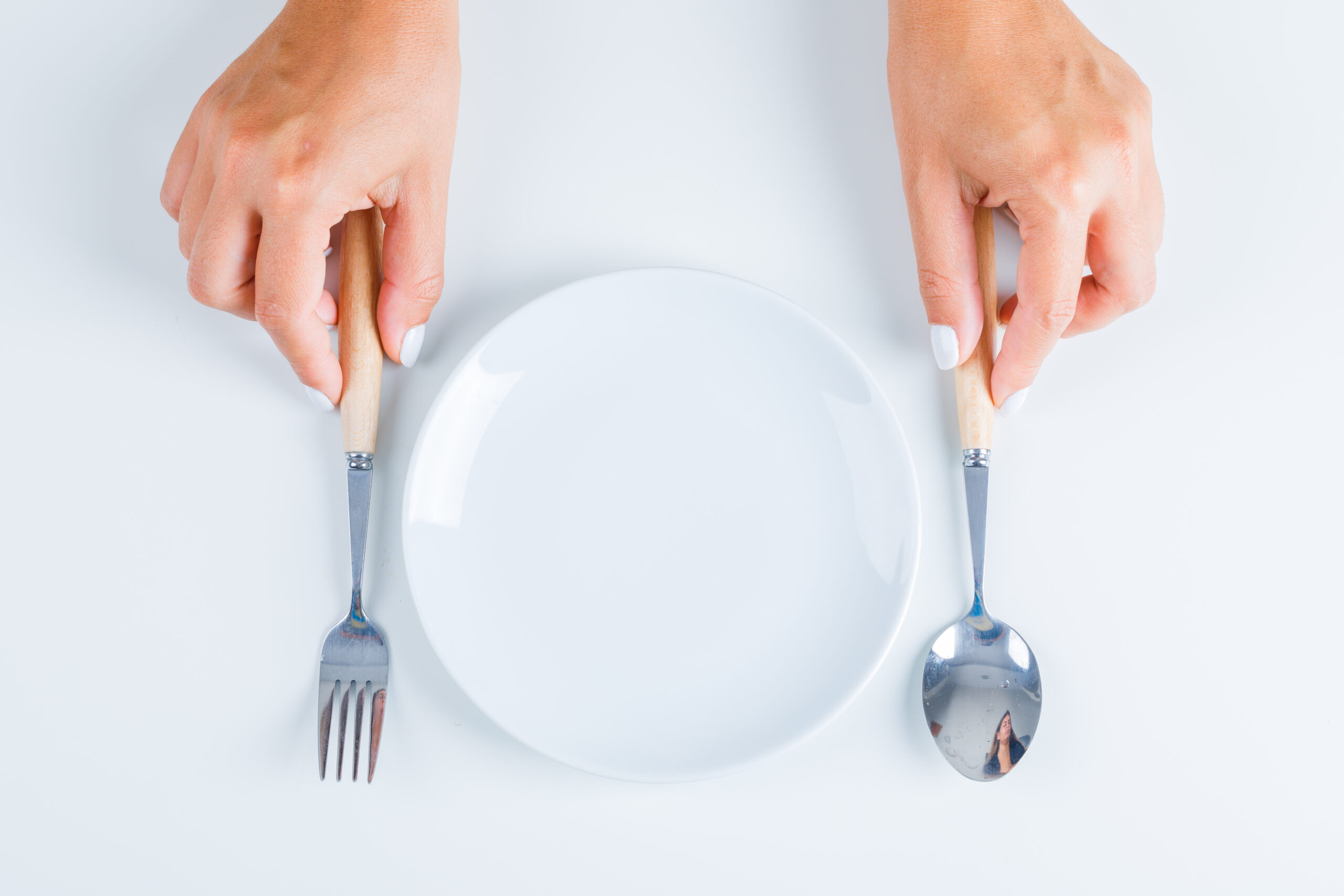
If you decide to start your intermittent fast by 7 PM to break it after 12 hours, you can fast until 7 AM the next day. You can also opt to go on until 8 AM or 9 AM until your body allows you to. During the fasting period, you can have plain water and nothing else. Try to keep the water at room temperature. Don’t drink tea, coffee, green tea, herbal tea, fruit/vegetable juice or lemon water.
During your building phase, you eat what your body needs keeping your health goal in mind. Do not overeat or starve. When you respect this structure, you will experience a change in terms of your energy, immunity, hair, skin, and weight.
Breaking your fast the right way is important
- When you break your fast, break with some lemon water or plain water.
- The right way to break your fast is to sit down and sip water slowly. Swirl this water around in your mouth. Do not just gulp it down.
- Once done, you need to line your stomach with fruits. You can eat one or two fruits or even have dry fruits.
- 30 minutes later, you can start introducing other foods in the building phase.

The beauty of intermittent fasting is that practicing it reduces your appetite over time. It helps your body reset itself to how it is supposed to be. It will help you feed your body the amount it requires and not what your emotional mind craves.
How long should I fast? Is 16:8 ideal?
Stop putting yourself in rigid boxes of 16:8. Just because social media preaches that intermittent fasting is a 16:8 hour fast doesn’t mean it has to suit you. Why not a 14:10 or a 12:12 fast? Fasting is very personal, just like nutrition or exercise. What is suitable and safe for you depends on your unique health goals, lifestyle, any existing medical condition, amount of toxicity in the body, and several other factors.
You can begin with 10 hours on Day 1. Keep building this up gradually over days to 12, 14, 16, and so forth. If you live a balanced and clean lifestyle, then less is more when it comes to fasting. A simple 12-hour, sunset to sunrise fast is by far one of the most effective ways to embrace intermittent fasting based on our experience. This smart and intuitive fasting aligns you with the cycles of nature. It is also called circadian rhythm fasting.
Someone who has more toxins will need more cleansing. So, the fasting widow should also be according to that. For someone carrying a little more weight, the fasting window may even go on for 16 to 18 hours. Generic advice in the case of fasting never works. Adopt intuitive fasting as your approach.
What are the benefits of intermittent fasting?
- Aids fat loss. Helps weight loss and breaks plateau. For the best results, pair intermittent fasting with regular exercise.
- Cleanses and rejuvenates your body
- Unlike most weight-loss diets known to cause muscle loss, intermittent fasting retains and helps increase muscle mass when you eat major food groups like proteins, carbs, fiber, and fat in the building phase
- Enhances digestion
- Reduces constipation, acidity, and bloating
- May reduce insulin resistance, lowering your risk for type 2 diabetes
- Reduces oxidative stress and inflammation
- Benefits heart health
- Reduces blood sugar levels
- Helps manage blood pressure
- Lowers blood triglycerides and LDL (bad) cholesterol
- Charges your immunity
- Reduces inflammatory flare ups especially arthritic pains
- Reduces toxin overload
- Promotes anti-aging
- Improves skin and hair health
- Balances hormones
- Promotes good sleep
- Reduces fatigue and lethargy
- Boosts energy levels
- Drops insulin levels and facilitates fat burn
- Increases human growth hormone (HGH)
- Initiates cellular repair and removes toxins and waste
- Influences genetic expression
- May increase longevity and play a role in disease prevention
- May protect against neurodegenerative diseases (Alzheimer’s, Parkinson’s, and so on)
- Improves spiritual health
- Deepens meditation practice
Dos And Don’ts of Intermittent Fasting
Dos
- Set the right intention when you fast.
- Do not fast to only lose weight. Weight or fat loss is a pleasant side effect of intermittent fasting but that’s not the primary reason to fast. Fasting is not a shortcut to losing weight and must not blind you from making the required lifestyle changes. Fasting helps you inculcate discipline and align with nature.
- During intermittent fasting, drink only plain water in the fasting phase. No tea, coffee, or infused water as anything other than water. Some people modify fasting as per their convenience. They claim to be fasting, but still have tea/coffee/juices, etc. Well, this is not fasting and such an approach can be detrimental to one’s health.
- Set the timings, eating patterns, and hours of fasting according to what suits you and your lifestyle.
- Don’t fast for 16 hours just because everyone else is doing it. If you are a beginner, start slow and build it up gradually.
- Eat well in the building phase. Don’t diet or starve in the building phase, or else you will only cripple your metabolism. Get your macros and micros, vitamins, and minerals. If you do not eat well, you will risk looking undernourished, weak, and haggard.
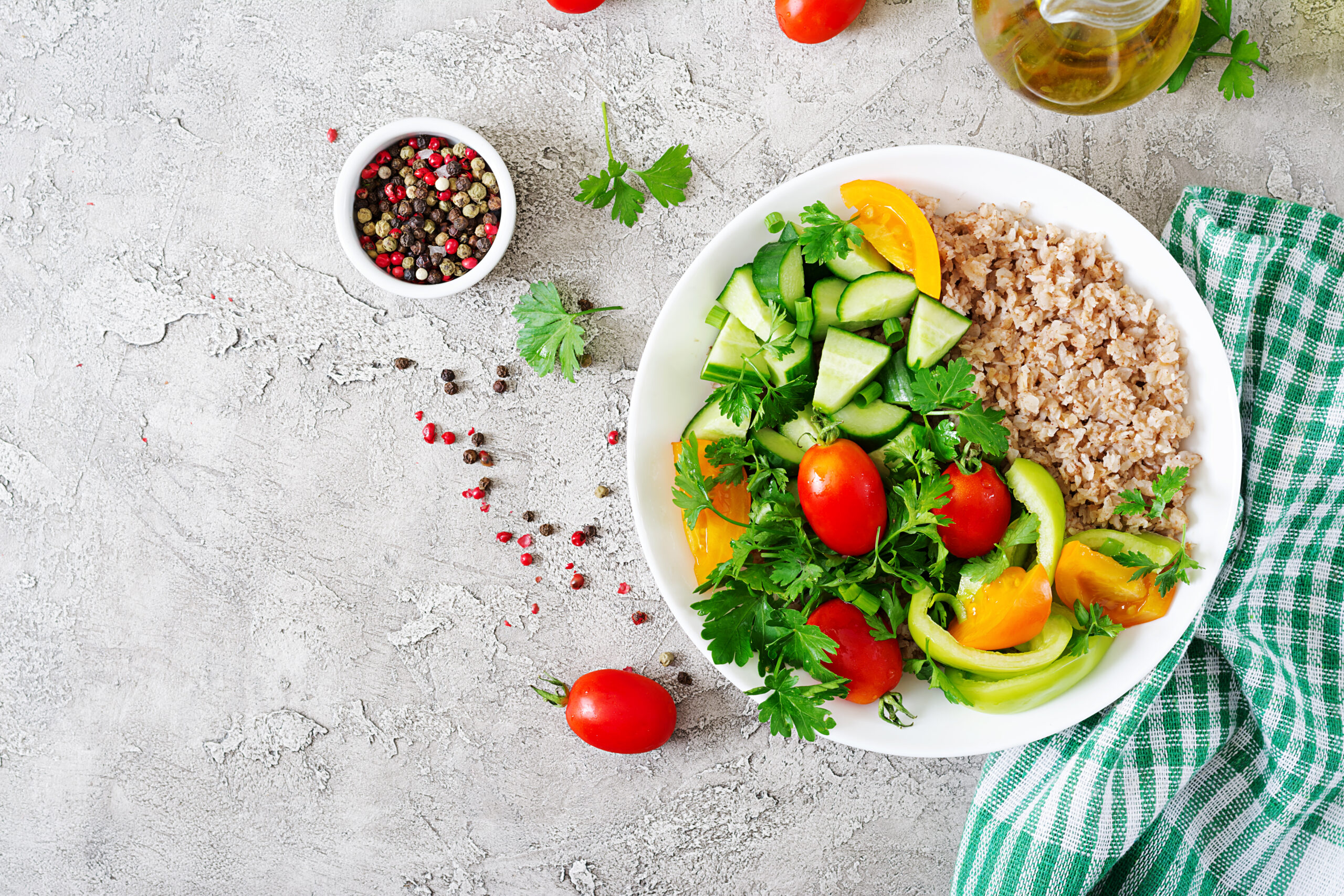
Don’ts
- Do not diet or eat skimpy meals during our building phase. Eat clean but a well-balanced diet during your eating window.
- Do not compete with others. Fasting is not a competition or a game. Everyone is different. Do what suits you.
- Do not use fasting as an excuse to feast and overeat during your building phase. Respect your body’s needs.
- Do not use fasting as a solution for weight gain either. Use it to instill discipline and mindful eating, avoid constant grazing, listen to your body’s biofeedback, and improve your relationship with food.
Who should avoid Intermittent Fasting?
Yes, intermittent fasting is powerful. But it does not necessarily have to suit everyone. Here are some cases where intermittent fasting must be avoided or followed only under medical supervision.
- Extremely weak and underweight individuals
- Pregnant and lactating moms
- Highly unstable blood sugar and blood pressure levels
- Kidney diseases (especially those on water restrictions)
- Medical treatments or medicines that need to be had during a certain time of the day
- Those with high fever
As for cancer, while it’s an effective process, it totally depends on the stage of cancer, kind of chemo, radiation, how a patient is placed between cycles. So, it has to be extremely personalized according to your current situation. Keep your doctor in the loop at all times before attempting IF.
What are the common symptoms you may face while fasting?
Headache
How to handle it?
- Steam inhalation with eucalyptus oil mixed in hot water
- Apply an ice/cold pack on the back of your neck to reduce inflammation contributing to the headache
- Practice deep breathing
Bouts of anger, sadness, and joy
How to handle it?
- Have chamomile tea after you break your fast to help you relax
- Inhale the aroma of lavender or tulsi essential oil to uplift your mood
- Consuming Omega-3 fatty acids may ease symptoms of anxiety and nervousness
Cold and fever
How to handle it?
- Take regular steam with 2 to 3 drops of eucalyptus oil in water, twice a day.
- Apply castor oil packs on the chest to loosen the mucous
Nausea
How to handle it?
- Inhale the aroma of lemon essential oil or peppermint oil
- Stretching and deep breathing can improve blood circulation and reduce nausea
Acne and pimples
How to handle it?
- Apply potato juice to the affected area to soothe it and reduce the outbreak
- Apply ice to contract the pores which prevents the accumulation of toxins that result in acne.
Low blood pressure
How to handle it?
- A warm water bath or massage
- Light exercise for relief
When is the best time to begin intermittent fasting?
Start right now. Start today. Start this evening. Make it a lifestyle.
Use WhatsApp groups amongst your close friends. It is always fun to have someone close to you do a fast together because it’s motivating when your buddies are also doing it.
Everyone is different. Do what works for you. If you are hesitant to do it because of a mental block, change your mindset. But if it genuinely doesn’t suit you, don’t do it.
How Intermittent Fasting Transformed Lives
Hundreds and thousands of people are using intermittent fasts to change their health and life. The prerequisite is to get weight loss out of your mind. Aim for good health instead. Embrace this way of life.
Read the powerful journeys of our clients and the You Care community after adopting it.
“I would like to thank Luke and his team for the 3-day intermittent fast. I have done several diets under numerous dietitians but the pattern and method you suggested are outstanding. I cannot express in words how wonderful I feel after practicing it. On the first day, I was feeling a bit dull and experienced some headaches and nausea. I could only consume one liter of water during 16 hours of fasting. On the second day, I consumed about 1.5 liters of water and felt light and energized. On the third day, I consumed 2 liters of water and didn’t have any cravings. I feel light, full of energy, charged and happy.”
“Being a mother of two, I have always struggled in managing and maintaining my weight, no matter what I did or ate. I was unable to lose weight and had hit a point where I was on the verge of giving up. My friend Komal directed me to Luke, who guided me on Intermittent Fasting. It was life-changing and magical. It changed my perceptions about diet and exercise. I became more mindful of my eating habits, more disciplined with my timings, and regular with my workouts. With a few lifestyle changes, I lost 10 kgs in just 3 months and I could achieve what seemed impossible a few months ago. I look and feel fit and confident. I feel as if I am reborn, all thanks to you, Komal, and Luke .”
“I am 47 and continuously suffering from terrible joint pains and extreme fatigue and on and off going to Ayurvedic massages or physiotherapy to relieve pain. I am overweight and gastric too. So trying out diets and fasting is very scary as I feel I may have a return of severe gastritis problem needing hospitalization in the past. But with an open mind, I tried intermittent fasting for 3 days. Amazing vigor and energy are what I am experiencing right now. I have tried about to make it to 13.5 hours and this seems to do good. My joint pains have almost disappeared and flexibility has come back. I can sit folding my legs for a longer duration now and even squatting is so easy.”
“After attending Luke’s talk in Kolkata, I decided to try intermittent fasting which I was scared of for months. When Luke first spoke about it, he broke it down and made it sound so simple. I started with 9 hours and then moved to 10, 11, 12, 13, and 14. 14 hours is my limit on most days. I have eased so comfortably into this. Now my sleep is better. I have lost inches, my energy levels are so high, zero sugar and caffeine, although I started enjoying a cup of black tea and coffee once a day. My blood pressure has almost become normal from 150/90 to 125/80 on most days. IF harnesses the intelligence of our own body. I fast twice a week, take daily walks, and do yoga and bodyweight exercises. I have never felt better. I am 47 and feel so youthful. Your simple wisdom changed my life and I see you trying to do that with millions.” – Smita Jain
Frequently Asked Questions
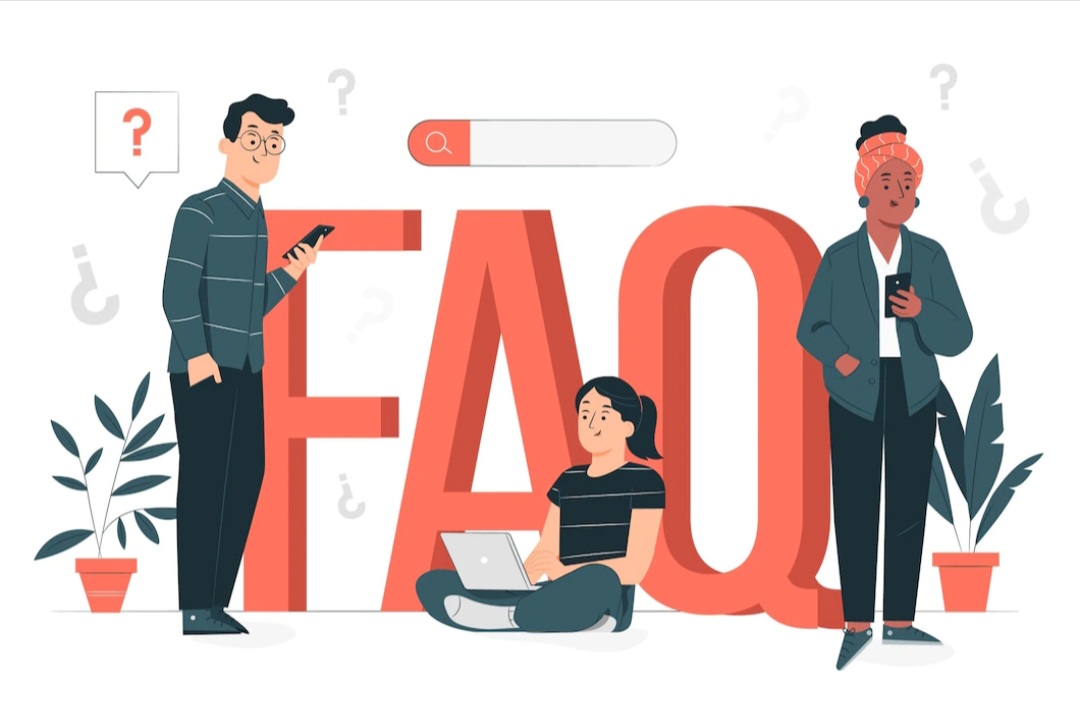
Is Intermittent Fasting a fad?
No, intermittent fasting was never a fad. Unfortunately, it has now got the reputation of being a fad because people use it as a shortcut to losing weight. While this approach may yield results, it still fails to address the root cause of what led one to gain weight, which is faulty lifestyle habits. We see intermittent fasting growing into a fad not only in India but also in Western countries. It is even worse when these fads allow beverages like coffee and tea during the fasting window. These are extremely acidic beverages to put into the system that have an empty stomach which is acidic by itself.
Can diabetics practice intermittent fasting?
It is difficult to say this without assessing your sugar levels. But we have had Type 2 diabetes cases that have benefited from intermittent fasting. If you want to practice it safely, do it under supervision. Work with your doctor to ensure you do not go into hypoglycemia. We believe that fasting can reverse type 2 diabetes if done in a controlled way.
Can those with acidity practice intermittent fasting?
Acidic people, don’t give up. On day one, you may feel a bit more acidic. On day two, your acid levels will gradually start to settle down and by day three, you will feel a lot better. You just have to believe and try.
Isn’t eating every two to three hours healthy?
Break free from the myth behind this claim of eating every few hours. Very few people, like a type 1 diabetic, will need to take insulin dosages at a particular time. For everyone else, we don’t have to eat as much as we are eating today. If you choose to embrace an intermittent fast, do it for three days because then you realize your body’s true potential. This will help you make it a lifestyle. The only thing that prevents you from trying is self-limiting beliefs, fears, and insecurities.
Can it help me lose body weight?
It is normal to lose weight because IF is a calorie-restricted way of eating. When you fast, you enable your body to eliminate toxins more effectively. The lesser the toxins, the more effective your fat burn. But like we said, don’t practice intermittent fasting to lose weight. Make sustainable lifestyle changes. If you do this without changing your lifestyle or addressing your root causes, you may lose the weight, but you will also put it back on once you stop fasting.
Is it recommended for breastfeeding moms?
It’s not recommended for breastfeeding moms. When you breastfeed, your body’s nutritional demands are at their peak. Wait until the phase is over to observe intermittent fasting. If you are a mother who knows to balance nutrition well during the feeding/building phase, you may attempt it closer to weaning.
Can this be used to shed post-pregnancy weight?
Post-pregnancy, a mother’s body prepares itself to feed and nurture the baby. So, fasting to shed off the pregnancy weight would be fighting against nature because at that moment where your body’s only goal is to focus on effective lactation and not losing weight. If a mother respects every phase of motherhood and follows a healthy lifestyle, then the body will shed off excess weight naturally.
Can you drink liquids during IF?
You can only drink plain water – either room temperature or slightly lukewarm. If you wish to drink cold water, have it from mud/clay pots.
Can you exercise during IF?
Exercise is a personalized choice. It is best to practice gentle exercises if you are a beginner.
Why do I experience headaches when intermittent fasting?
It is common to experience certain symptoms during intermittent fasting, which are nothing but signs that fasting is effective. Acidity, migraine, and headaches are common symptoms. In rare cases, you may experience fever, rash/breakout, and low blood pressure. Don’t give up because it is a sign that your body is successfully getting rid of toxins and waste.
Can I combine dry fasting and intermittent fasting?
Yes, you can combine dry fasting with intermittent fasting if you do it right and scientifically. This combination is called integrated fasting. In this, you start by dry fasting and gradually move into intermittent fasting once comfortable.
Disclaimer: Remember, intermittent fasting is not a replacement for the current medications you may be on. Keep your healthcare professional loop and practice it under supervision always.
WATCH THIS
RELATED READINGS
How Does Dry Fasting Benefit You?
Success Story | Using Intermittent Fasting to Lose Weight & Improve Health
Download Your FREE Copy of Our You Care Lifestyle Flow Designed by Luke Coutinho Today
|
From a pimple to cancer, our You Care Wellness Program helps you find a way Talk to our integrative team of experts today 18001020253 |





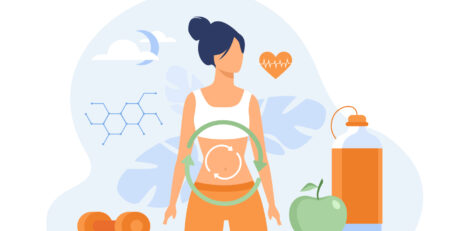




Comments (19)
Do I need to avoid taking my vitamins until my fast is over?
Hi Sue,
You will need to time your fasting period accordingly. Taking vitamins in between your fast will break it.
Is intermittent fasting beneficial even if I do from 12:00pm to 11:00pm since my dinner usually gets late.
Your body is not designed to eat late night meals. Not having anything in the day in many cases, can affect your daily functioning or energy levels, unless you are practicing the fast scientifically and under supervision. So get in touch with an expert to find what suits you.
Dear Sir,
I have habit of having milk tea with dosa or toast of bread or Thepla during breakfast. I wake up by 6:15 am, have shower followed by cup of water and exercises and meditation. I finish dinner by 8:30 pm, fast in between and have my breakfast by 8:30 am next day. Is having tea with dosa or toast of bread or Thepla without fruits during my break fast after IF is fine? Do fruits is essential at first immediately after I break my fast?
Hi Sakthi,
It is good to see your discipline. The best way to break the fast is by a cup of water, a couple of soaked nuts and fruits. Because these are easy to digest and help neutralize an already acidic body. So try to ingrain this into your schedule.
How often should one do intermittent fasting in a week?
Start with at least once. Some people even do it 5 days a week. Do what suits you.
Hi.
Once i start intermittent fasting, do i have to do it continuously or for certain days at a stretch and then stop? Also, can I do it on weekdays and not on weekends as sat sun usually there is no schedule. Yes do it during the week. It’s up to you.
The choice is up to you. Keep your fasting windows consistent. Sunset to sunrise is perfect. Yes do it during the week. It’s up to you.
Can I work out in the gym while i am on the fasting period.
I have tried to make these changes 12/14 and gone upto 19 hours . Start with warm water , nuts , fruits and breakfast usually oats which is almost 11.30 am and have a late lunch / early dinner by 5.30/6 pm . While I did it for over 2 months I didn’t lose much weight though .. just about 2-3 kgs . Not sure if there is any other problem
Have you measured your inch loss? Is there an underlying hormonal imbalance or another lifestyle condition, it is important to get to the root cause of it and address it. You may have reached a weight plateau. A personalized plan and one-on-one guidance after understanding your case can help. Get in touch with our team at info@lukecoutinho.com.
Can we drink infused water or femnel water during fast period
yes infused water works
Hi Luke , can we break the fasting by drinking soaked methi water ? I came to know about methi water through ur book the magic weight loss pill
Always break your fast with a plain glass of water or a couple of drop of lemon juice added to it. Methi water can be done after this.
Hi Luke. Can I have fat burner( oxyshread) during my fast? Please reply🙏
Cannot recommend anything without checking your case. Best to check with your doctor before taking fat burning supplements. Are you making lifestyle changes?